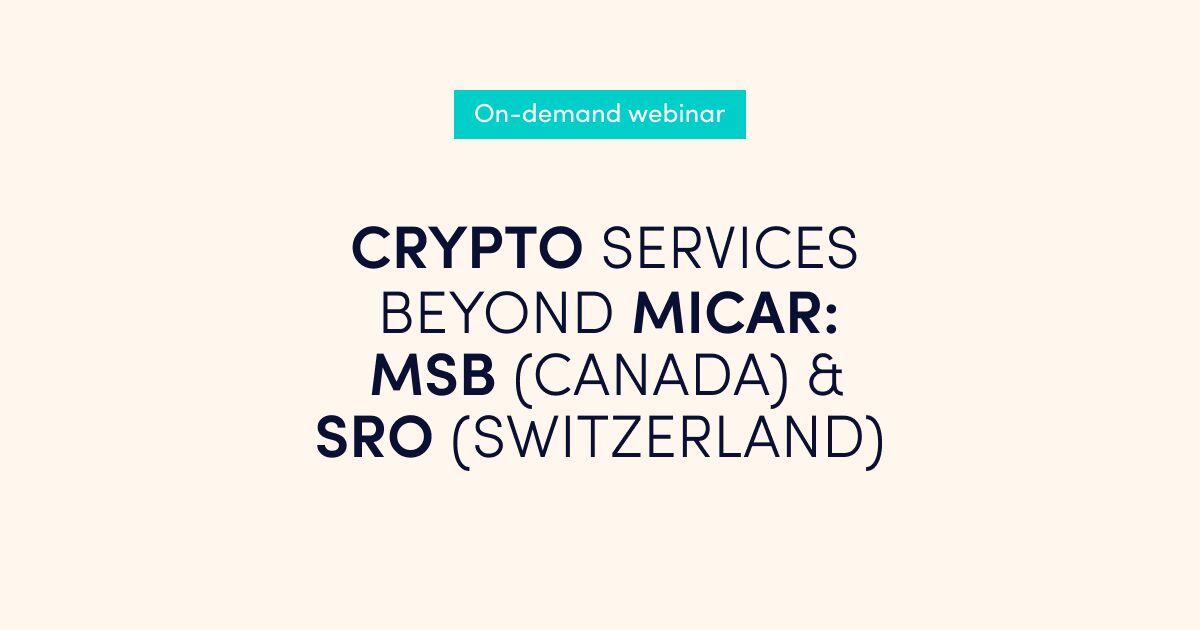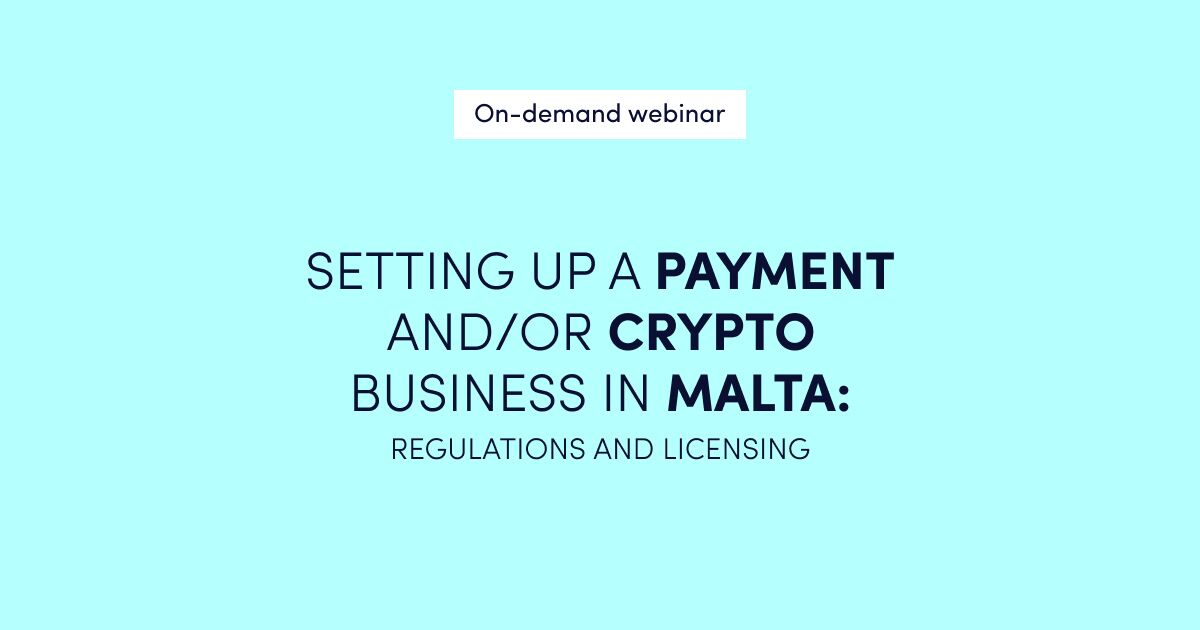Starting a remittance or money transfer business is a venture that requires careful planning, adherence to regulatory frameworks, and strategic partnerships. In this article, we explore the concepts of money remittance and transfer, examining various types of remittance services. Additionally, we offer a guide outlining the step-by-step process to establish a successful remittance or money transfer business.
- What is money remittance?
- What is a money transfer?
- How remittance works
- Forms of money transfers
- How can money remittance be executed?
- Types of money transfer or remittance businesses
- Traditional brick-and-mortar remittance services
- Online money remittance businesses
- The international money transfer industry overview
- Money remittance in Africa
- What you need to start a digital money remittance or money transfer business
- 1. Define Your USP and Target Audience:
- 2. Prepare All Required Documents and obtain Special Registration or License
- 3. Prepare All Processes, Including Compliance:
- 4. Open Correspondent Bank Accounts:
- 5. Set Your IT System or Core Banking Software:
- 6. Make Partnerships with Financial Institutions:
- 7. Make Required Integrations with Your Main Partners:
What is money remittance?
Money remittance involves sending money from one location to another, typically across borders, to meet financial needs or fulfil payment obligations. This financial service is vital for individuals who must send funds to family members, friends, or others in different regions or countries. Money remittance can occur through various channels, such as banks, dedicated remittance providers, online platforms, or mobile applications.
The sender initiates the transfer by providing necessary details about the recipient and selecting the preferred transfer method. The recipient can access the transferred funds through local financial institutions or designated payout locations. Money remittance is crucial in supporting global financial connectivity and addressing the diverse financial requirements of individuals and businesses worldwide.
These services contribute to financial inclusion by providing accessible and efficient channels for individuals to send and receive money globally, overcoming geographical barriers and enhancing overall economic well-being.
What is a money transfer?
A money transfer refers to moving funds from one individual or entity to another. This financial transaction can occur through various channels, including banks, online platforms, money transfer services, or traditional methods. Money transfers are commonly utilised for diverse purposes, such as sending funds to family members, making payments, conducting business transactions, or meeting financial needs across borders.
The process typically begins with a sender initiating the transfer, specifying the recipient, and selecting a preferred transfer method, such as wire transfers, online transfers, mobile payments, or remittance services. The term ‘money transfer’ also encompasses credit/debit card transfers, where funds move from one card to another credit/debit card, a bank account, or a merchant.
How remittance works
Remittance is a financial process that enables the transfer of money from one location to another. The sender initiates the transaction through a remittance service provider, a traditional brick-and-mortar agency, an online platform, or a mobile application. The sender provides necessary details, such as the recipient’s name, location, and transfer amount.
The remittance service processes the transaction, converting funds into the desired currency if necessary and transfers the money to the recipient. The recipient can then collect the funds through various channels, including cash pickup points, bank accounts, mobile wallets, or even opt for home delivery, depending on the chosen service and the options provided by the remittance provider.
The entire process is facilitated by a network of financial institutions and payment service providers to ensure a secure and efficient transfer of funds across borders.
Forms of money transfers
What are the types of money transfers?
1. Bank Transfer:
Easily facilitated through online banking or apps, bank transfers are common. In the UK, Bacs, CHAPS, or Faster Payments, and in the EEA, SEPA payments support both one-off and regular transfers.
2. Wire Transfer:
Ideal for international transfers, wire transfers move money between two unlinked bank accounts, with the bank serving as an intermediary.
3. In-Person Transfer:
Specialised money transfer services like Western Union facilitate in-person transactions. This method accommodates recipients without bank accounts, allowing them to collect funds in cash at a nearby agent location.
How can money remittance be executed?
Money remittance can be executed through various methods, providing consumers with diverse options to suit their preferences:
1. Through a Bank or Financial Institution:
Funds can be transferred from the sender’s bank account to another using online banking, digital services, a banking app, or visiting a branch. Essential details include the recipient’s account name, sort code, and account number. Customers may need the recipient’s IBAN or SWIFT/BIC code for international transfers.
2. Through a Specialised Money Transfer Company:
Companies like Western Union offer multiple methods for transferring money within many countries. Customers can choose between online transfers or visiting an agent’s location for an in-person transaction. Depending on the transfer type, customers will need the recipient’s details and possibly a government-issued ID for verification, ensuring a swift and secure delivery.
3. Through a Payment App:
Remittance can be provided through a payment app for convenient on-the-go transfers. Customers can seamlessly send money directly to a loved one’s bank account using their debit or credit card. Alternatively, funds can be transferred for pickup at a local or international location.
4. To the Receiver’s Phone:
Money can be sent directly to their phone to provide the recipient with immediate access to funds. Depending on their location and mobile operator, funds can be directed to the recipient’s mobile wallet, allowing for instant spending.
Types of money transfer or remittance businesses
Money transfer or remittance businesses encompass various types, each tailored to meet individuals’ and businesses’ specific needs and preferences. These include:
1. Traditional Brick-and-Mortar Services:
Operating through physical locations such as banks or dedicated remittance centres, these services allow customers to send money in person.
2. Online Money Transfer Platforms:
These platforms have gained popularity, enabling users to initiate transactions through web-based interfaces or mobile applications, providing convenience and accessibility.
3. Mobile Money Services:
Leveraging mobile phone networks, these services facilitate transfers, particularly in regions with limited access to traditional banking.
4. Peer-to-Peer (P2P) Payment Platforms:
Individuals can send funds directly to each other using digital wallets or bank accounts through these platforms.
5. Cryptocurrency-Based Remittance Services:
Utilising blockchain technology for secure and decentralised transactions, these services offer an alternative to traditional methods.
The diverse landscape of money transfer businesses reflects the financial services sector’s evolving preferences and technological advancements.
Traditional brick-and-mortar remittance services
Traditional brick-and-mortar remittance services have served as the cornerstone of cross-border financial transactions for an extended period. These physical establishments, commonly situated in local communities, serve as a familiar and accessible channel for individuals to send and receive money. Customers typically visit these locations to initiate transactions, relying on face-to-face interactions with service agents. Renowned for their reliability and trustworthiness, these establishments offer a comforting in-person experience, especially for those less familiar with digital transactions. Although lacking the convenience of online platforms, brick-and-mortar remittance services remain indispensable in catering to populations with limited access to technology or those who prefer the tangible and personal nature of in-person transactions.
Online money remittance businesses
Online money remittance businesses have revolutionised the financial landscape, offering individuals a convenient and efficient way to send money globally. These digital platforms utilise web-based interfaces or mobile applications, enabling users to initiate transactions from the comfort of their homes or on the go. With secure and streamlined processes, online remittance services provide speed and accessibility, diminishing the reliance on traditional brick-and-mortar methods. Users can fund transfers using various payment options, including bank accounts, credit cards, or digital wallets. Furthermore, real-time tracking features empower senders and recipients to monitor the status of their transactions. The growth of online money remittance businesses underscores the industry’s commitment to leveraging technology for enhanced financial inclusion and seamless cross-border transactions.
The international money transfer industry overview
The international money transfer industry is pivotal in facilitating global financial transactions and fostering connections among individuals, businesses, and economies across borders. Technological advancements have significantly reduced traditional barriers, enabling faster, more accessible, cost-effective remittance services.
As of 2020, the global remittance market was valued at $701.93 billion, and it is expected to reach $1,227.22 billion by 2030, projecting a Compound Annual Growth Rate (CAGR) of 5.7% from 2021 to 2030. Major players in the remittance market include Bank of America, Citigroup, JPMorgan Chase & Co., MoneyGram International, RIA Financial Services, Wise, UAE Exchange, Wells Fargo, Western Union, and XOOM. These players have implemented diverse strategies to strengthen their market presence, such as expanding product portfolios, engaging in mergers and acquisitions, forming agreements, extending geographical reach, and fostering collaborations.
Money remittance in Africa
Money remittance in Africa is experiencing significant growth, marked by the emergence of numerous companies eager to provide remittance services in this vibrant and dynamic region. Remittances play a crucial role in Africa, with migrants living and working abroad frequently sending money back to support their loved ones.
According to the latest World Bank Migration and Development report, Sub-Saharan Africa received an estimated influx of US$49 billion in remittances in 2021. With a substantial diaspora population, Nigeria leads in remittance inflows, followed by Ghana, Kenya, and Senegal. Conversely, South Africa is the largest sender of remittances to other African nations.
Companies aiming to start their money remittance or mo=oney transfer business are seeking comprehensive solutions that encompass core banking software, licensing, or special MSB registration to facilitate these services. Contact Advapay to discover what we can provide for companies looking to offer remittance services to Africa.

What you need to start a digital money remittance or money transfer business
1. Define Your USP and Target Audience:
Defining your Unique Selling Proposition (USP) and identifying your target audience are crucial initial steps before starting money remittance business. Your USP distinguishes your service from others, and understanding the specific demographic you aim to serve will shape your business strategy.
2. Prepare All Required Documents and obtain Special Registration or License
Prepare all necessary legal and regulatory compliance documents, including business registration documents, identification proofs, financial statements, and any other paperwork required by regulatory authorities in the countries where you intend to operate.
Navigate the regulatory landscape by obtaining the necessary registrations or licenses to operate your remittance business. Compliance with local and international regulations is crucial to establishing the legitimacy and credibility of your operation. Alternatively, you can enlist the assistance of companies like Advapay to facilitate the licensing process. Contact us to learn how we can support your business further.
3. Prepare All Processes, Including Compliance:
Develop a robust framework that includes stringent anti-money laundering (AML) and Know Your Customer (KYC) procedures in alignment with regulatory guidelines. Establishing a solid foundation in compliance is essential for ensuring the security of transactions and building trust among users. Consider leveraging compliance-as-a-service, which provides remote and outsourced compliance services by professionals according to regulatory requirements.
4. Open Correspondent Bank Accounts:
The next step to start money remittance business is to ensure the smooth movement of funds by establishing correspondent bank accounts. Select reputable banking or financial services partners that align with your business goals. Transparent communication is key to building a strong financial relationship and ensuring the efficient flow of transactions.
5. Set Your IT System or Core Banking Software:
Invest in a secure, efficient IT system or core banking software like Macrobank. This system will be the backbone of your remittance operations, covering transaction processing, customer management, and data security. Additionally, consider implementing white-label mobile banking or web banking applications to deliver an exceptional experience to your customers.
6. Make Partnerships with Financial Institutions:
Forge strategic partnerships with financial institutions to expand your remittance network. Collaborate with banks, credit unions, remittance providers, or other financial entities to facilitate smoother transactions and extend the reach of your services.
7. Make Required Integrations with Your Main Partners:
Integrate your core banking system with key partners, including banks, payment gateways, or other financial service providers. Seamless integrations ensure interoperability and create a streamlined flow of funds between your remittance company and partnering entities. Check our BaaS-offering.
Conclusion:
In conclusion, starting a money remittance or money transfer business demands a comprehensive approach that integrates strategic planning, regulatory compliance, and a robust technological infrastructure. By defining your unique value proposition, securing the necessary licenses, prioritising compliance, and establishing crucial partnerships and integrations, you can position your remittance business for success. This guide serves as a roadmap for entrepreneurs seeking to contribute to the global financial ecosystem while addressing the needs of their target audience.
Advapay at stake:
How can Advapay can assist you in launching a money remittance or money transfer business?
• Assistance in EMI/PI licencing in the EEA/UK
• Registration of MSB company in Canada
• Delivery of a comprehensive Core banking system encompassing back-office and white-label applications for end-users
• Assistance in payment infrastructure development
• BaaS-solutions in collaboration with our partners – EEA/UK licenced EMIs and PIs








